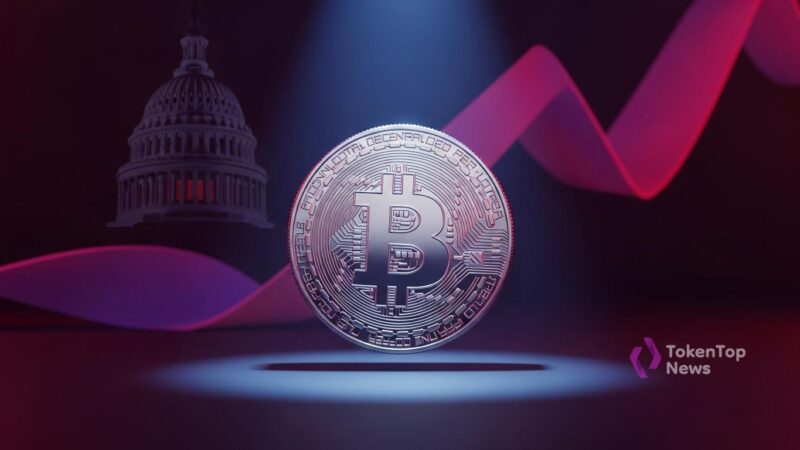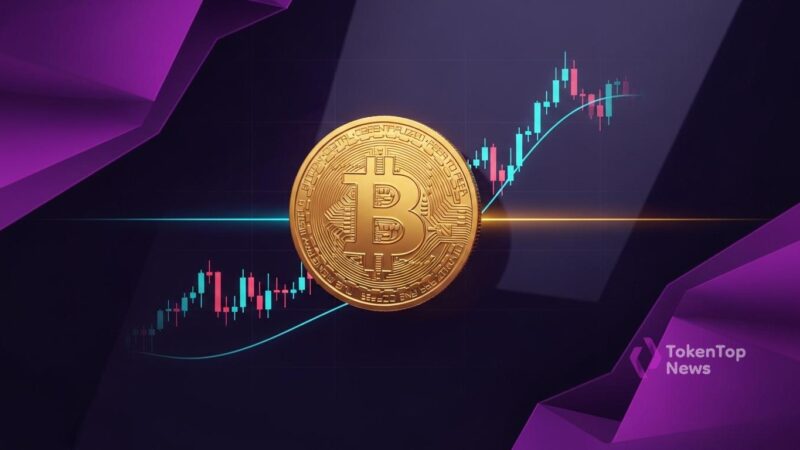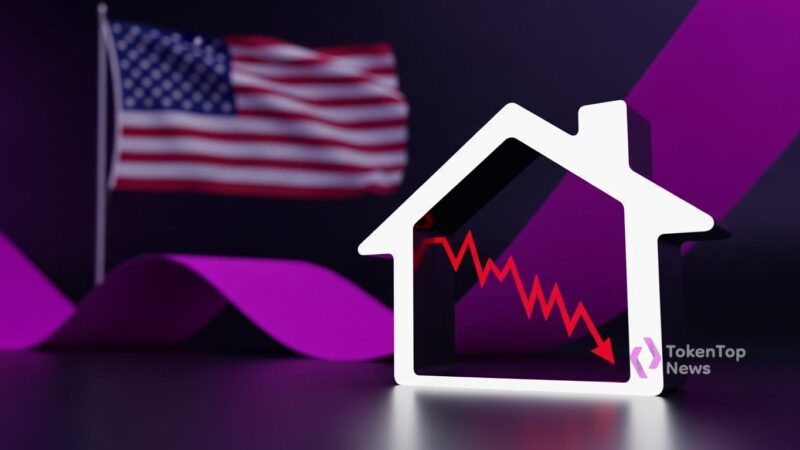France’s Lise Receives License for Tokenized Stock Exchange
- Lise receives license for tokenized equity exchange in Europe.
- Approval targets SME equity IPOs and blockchain trading.
- Institutional backing includes CACEIS, BNP Paribas, Bpifrance.
France’s Lightning Stock Exchange (Lise) has been granted Europe’s first license for a fully tokenized stock exchange platform, aimed at small and medium-sized enterprises (SMEs).
This regulatory milestone could revolutionize SME financing in Europe by leveraging blockchain technology for equity initial public offerings and trading.
France’s Lise, or Lightning Stock Exchange, has been granted Europe’s first license for a fully tokenized stock platform. This regulatory license aims to facilitate SME equity IPOs and trading through blockchain technology.
The approval, issued by the ACPR with support from entities like the ECB, allows Lise to operate as both a Multilateral Trading Facility and a Central Securities Depository. This unifies processes in a blockchain-based environment.
Immediate effects include operational changes for French SMEs and advancements in financial markets. Lise’s platform requires companies to tokenize all outstanding shares for participation, potentially improving transaction efficiency.
“This license allows us to operate the first fully tokenized equity exchange in Europe, offering a direct response to real-world financing challenges.” — Mark Kepeneghian, CEO, Lise.
The financial implications are significant, as the framework allows up to €6 billion in tokenized securities. Although not integrating major cryptocurrencies, it prioritizes real-world assets within its regulatory-focused design. For more context, Europe’s regulatory stance can be referenced in the Markets in Crypto-Assets Regulation (MiCA) by ESMA.
Historically, Europe’s engagement with tokenized stock trading has been limited. Lise’s move is a pioneering step towards embracing digital equities under a regulatory framework, setting a precedent for future market infrastructure.
Potential outcomes include heightened interest in asset tokenization and regulatory-compliant DeFi models. Data suggests a growing alignment between traditional finance and blockchain advances, potentially reshaping market dynamics and efficiency.




